
Last Updated At: 07-Nov-2023
14 Interesting Facts About France You Must Know
The alluring European country of France has a rich tapestry of natural beauty, history, and culture. France, known for its famous structures like the Eiffel Tower and the Louvre Museum, has profoundly impacted art, fashion, and food worldwide. Its various areas offer a variety of stunning vistas, from the French Riviera's Mediterranean beaches to Bordeaux's rolling vineyards. France’s history, elegance, beauty, and ongoing impact on world events continues to attract tourists.
List Of 14 Interesting Facts About France
Do you need information about France? If so, you have come to the right place. Here is some general information and a list of fascinating facts about France.
1. France is the destination with the most travellers worldwide
The most popular travel destination in the world is currently France. Every year, millions of tourists are enthralled by France, known for its extensive history, famous buildings like the Eiffel Tower, and various cultural activities. Tourists expecting exceptional experiences and a thorough immersion in art, culture, and history are drawn to France by the appeal of its stunning countryside, top-notch food, and vibrant cities like Paris. Check out the top tourist attractions in France and ensure you visit them all!
2. Louis XIX had the shortest historical reign as king of France, ruling for only 20 minutes
The record for the shortest reign as king of France belongs to Louis XIX, also known as Louis Antoine, who ruled for only 20 minutes. After the July Revolution, he was crowned king on August 2, 1830, but he resigned soon after in favour of his nephew, the Duke of Bordeaux. The brief reign of Louis XIX is a crucial turning point in French history, signifying the turbulent political developments of the time.
3. During World War I 1915, the French army was the first to use camouflage
The French army was a pioneer in the application of camouflage strategies in World War I in 1915. To blend soldiers and equipment into their surroundings and avoid enemy notice, designers and artists worked together to create disguises. This development marked a significant shift in military strategy, affecting later battles and inspiring the creation of contemporary camouflage methods utilised by armed forces worldwide.
4. You can marry someone who died in France
Marriage after death, or "marriage posthume," is legal in France in several situations. The surviving partner may ask the French President for permission to marry their deceased partner if one partner passes away before their scheduled wedding date. As per French cultural heritage, the marriage can be legally accepted using this unusual procedure while embracing the emotional connection. When soldiers lost their lives before marrying their intended spouses, it attracted attention.
5. The French created tin cans, the hairdryer, and the hot air balloon
The world has benefited from some noteworthy French inventions. Among them, Nicolas Appert's vision of the tin can revolutionise food preservation. Alexandre-Ferdinand Godefroy's hair dryer was an achievement in personal grooming. And the invention of the hot air balloon, a spectacular success in aviation and exploration, was made possible by the Montgolfier brothers' pioneering work.
6. The French Lumière presented the first motion picture to the general public in 1895
France's Lumière brothers presented the public with the first motion picture in 1895. This occasion marked a significant turning point in cinema history. The showing in Paris featured their Cinématographe invention, which displayed short films on a screen. This momentous occasion paved the way for motion pictures' growth and global acceptance as entertainment.
7. Jeanne Louise Calment, a Frenchwoman, was the oldest person ever to live
The oldest known person to have lived is a Frenchwoman named Jeanne Louise Calment. At the time of her death on August 4, 1997, she had been alive for 122 years and 164 days. She was born on February 21, 1875. She is a unique individual in human history and a representation of longevity due to the comprehensive documentation of her extraordinarily long life.
8. France has received the most Nobel Prizes for literature of any nation
With numerous awards than any other country, France holds the record for most Nobel Prizes in Literature won. This accomplishment has been made possible by well-known French writers, including Marcel Proust, Albert Camus, and Jean-Paul Sartre. Their lasting creative contributions and those of other French authors have strengthened the illustrious French cultural heritage and its influence on the world.
9. The custom of donning a white dress dates back to 1499 in France
The custom of donning a white gown dates back to 1499 in France. It became well-known after Anne of Brittany wed Louis XII in a white gown. This decision represented prosperity and purity. White, which means happiness and new beginnings, became a standard hue for bridal clothes as the tradition grew.
10. The busiest train station in Europe is in Paris, Gare du Nord
The busiest train station in Europe is in Paris, Gare du Nord. It is a significant hub for domestic and international rail connections and has a vast daily passenger volume. The station's importance derives from its ideal status, which makes travel across the continent easier and helps the city maintain its standing as an essential transportation centre in Europe.
11. Around 1,600 different types of cheese are produced in France each year in an estimated 1.7 million tons.
France is well known for its extensive cheese production industry, which creates over 1,600 unique varieties yearly. Each year, around 1.7 million tons of cheese are produced because of this enormous variety. French cheeses, from the tangy Roquefort to the creamy Brie, are renowned for their flavours and traditions worldwide, displaying the nation's prowess in this treasured culinary skill.
12. On high-speed trains, live snails must have a ticket.
A curious uniqueness is that live snails are required as tickets for high-speed trains in France. This seemingly odd ritual has its roots in a humorous culture. It reflects the nation's love of quirky regulations even though it needs to be correctly implemented. The addition of snails highlights the nation's propensity for fusing humour with everyday issues, even though guests' pets and carriers are the primary focus. Check out France travel tips and enjoy your trip to this magnificent country!
13. Around 30,000 tons of snails are consumed annually in France.
The consumption of snails in France, a delicacy firmly set in its culinary heritage, is estimated to be 30,000 tons per year. Locally, escargot is prepared in various mouthwatering recipes, frequently with garlic and butter. This long-standing culinary history shows this country's experimental palette. The love of snails is a prime example of France's commitment to maintaining its distinctive and varied culinary tradition.
14. The world's most costly bottle of wine was made in France
The most expensive bottle of wine in the entire world is now sold in France. Due to its excellent craftsmanship and exotic components, this magnificent product brought in an astounding price. Its lengthy history and distinctive flavour profile charmed both collectors and connoisseurs. This significant accomplishment highlights the unmatched craftsmanship and commitment French winemakers have devoted to their trade for decades. So besides world-acclaimed France cuisines, be ready to sip on some of the best wines!
Read More : Best Places To Visit In France
With its immersive travel experience, Adotrip reveals fascinating information about France. Discover the magnificent Eiffel Tower, which personifies the allure of Paris. Enjoy the finest food, including buttery croissants and rich Bordeaux wines. Discover historical sites like the Palace of Versailles to experience sumptuous French history. Explore art and culture in the mysterious Mona Lisa-filled Louvre. Discover the beaches of the French Riviera's appealing enchantment. Check out French festivals and plan a trip of a lifetime. The voyage taken by Adotrip around France captures the country's varied landscapes, fascinating history, and elegant culture, producing a fantastic adventure.
Choose Adotrip as your travel partner when planning a trip to France for a seamless and unforgettable experience. Adotrip offers comprehensive travel resources, curated itineraries, and local insights to enhance your journey. Discover intriguing facts about France, from iconic landmarks like the Eiffel Tower and Louvre Museum to its rich history, art, and renowned cuisine. Let Adotrip guide you to explore the charm of France with convenience and expertise.
With us, nothing is far!
Book France Tour Packages
Frequently Asked Questions About Facts About France
Q1. What is France's official name?
A1. The country's official name is the French Republic (République française in French). It is a Western European nation renowned for its rich history, culture, and contributions to philosophy, science, and the arts. The French Republic is distinguished by its varied landscapes, which range from the charming countryside to famous sites like the Eiffel Tower.
Q2. What is the capital and most populous city of France?
A2. France's capital and largest city are located in Paris. Paris attracts millions yearly due to its rich cultural history, breathtaking architecture, and top tourist attractions in France like Eiffel Tower and Louvre Museum. It is a centre for fashion, fine art, and gastronomy worldwide because of its rich history, culture, and French cuisine.
Q3. What form of government does France have?
A3. A democratic republic with a representative system governs France. A President is the head of state, and the Prime Minister controls the government. The President's authority is balanced with that of the National Assembly and Senate, which comprise the Parliament.
Q4. Who is the current President of France?
A4. French politician and current President of France, Emmanuel Jean-Michel Frédéric Macron, was born on December 21, 1977. He also holds the title of one of Andorra's two Co-Prince's ex officio.
Q5. What major religion do most French people follow?
A5. Christianity is the most practised religion in France, with Catholicism being the most common form. But France is also renowned for its secular society, where a sizable proportion of the populace claims to be secular or adheres to other religions. The diversity and freedom of religion are essential components of French culture.
Q6. What is France's literacy rate?
A6. France prioritises education, allocating 21% of the annual national budget. The nation enjoys a literacy rate of 99%. Higher education in France has a long history.
Q7. What is France's life expectancy at birth?
A7. Due to advancements in fighting against cancer and cardiovascular disorders, life expectancy is continually rising. Life expectancy at birth in France in 2020 was 85,3 years for women and 79,2 years for men.
Q8. What is the national motto of France?
A8. France's national motto is "Liberté, égalité, fraternité," which is translated as "Liberty, equality, fraternity." This motto, based on the ideals of the French Revolution, captures the country's devotion to individual liberty, social equality, and citizen solidarity. It acts as a compass, highlighting France's commitment to justice, unanimity, and democratic ideals.
Q9. How many UNESCO World Heritage sites does France have?
A9. The 49 buildings in France are now listed as world heritage sites. There are 42 cultural, six natural, and one mixed property.
Q10. What is the national animal of France?
A10. France's national birds and animals are the European Rabbit, the Coney, and the Red Junglefowl, the Gallic Rooster.
--- Published By Adotrip
Latest Blogs

Long Weekends In India 2025 - List of Holidays

Kazakhstan Travel Guide 2025: Affordable Luxury, Visa Free E...
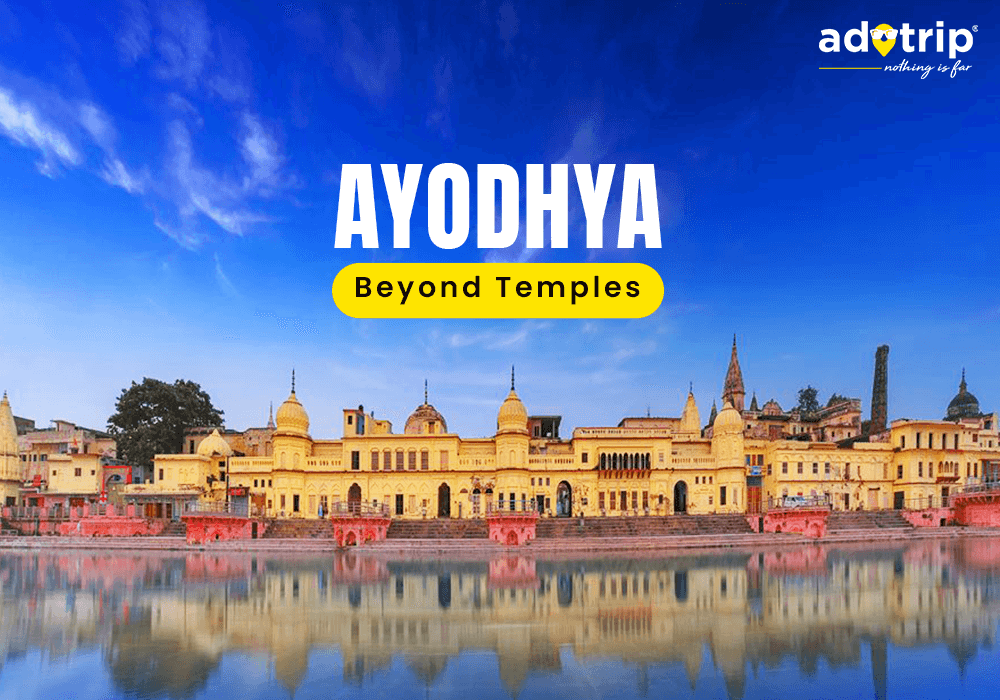
Think Ayodhya is Just Temples? Discover Its Hidden Artistic...
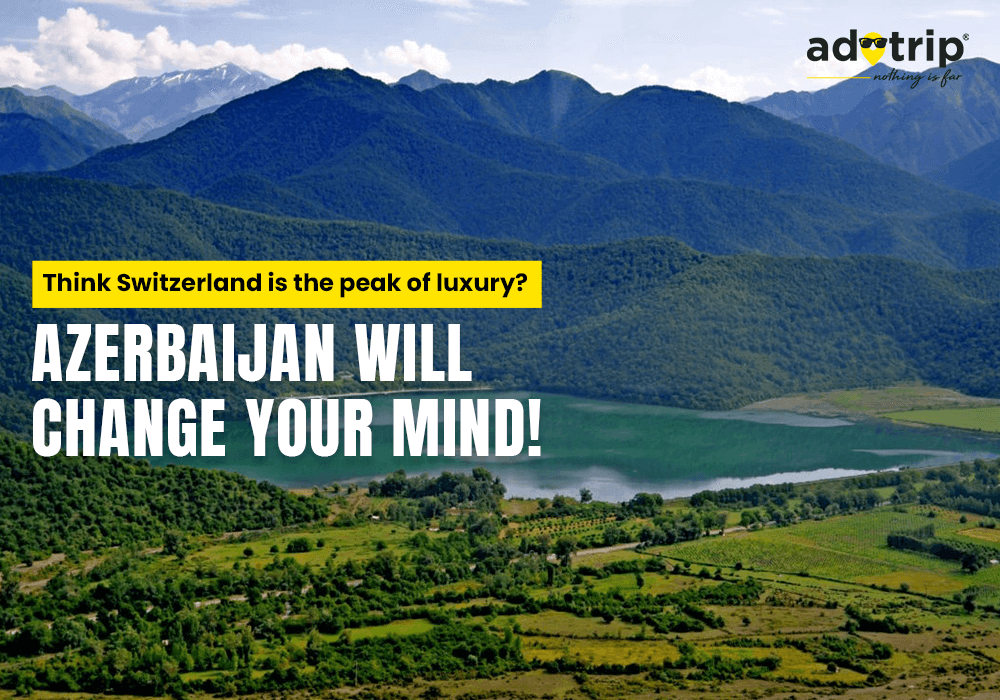
Why Azerbaijan is the Best Budget Friendly Alternative to Sw...



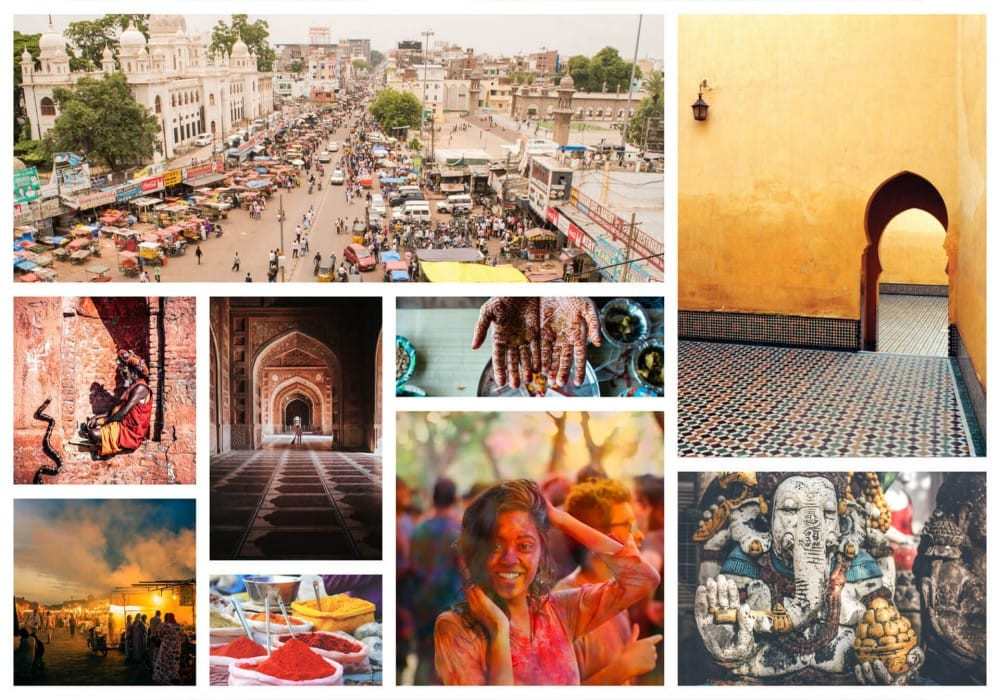
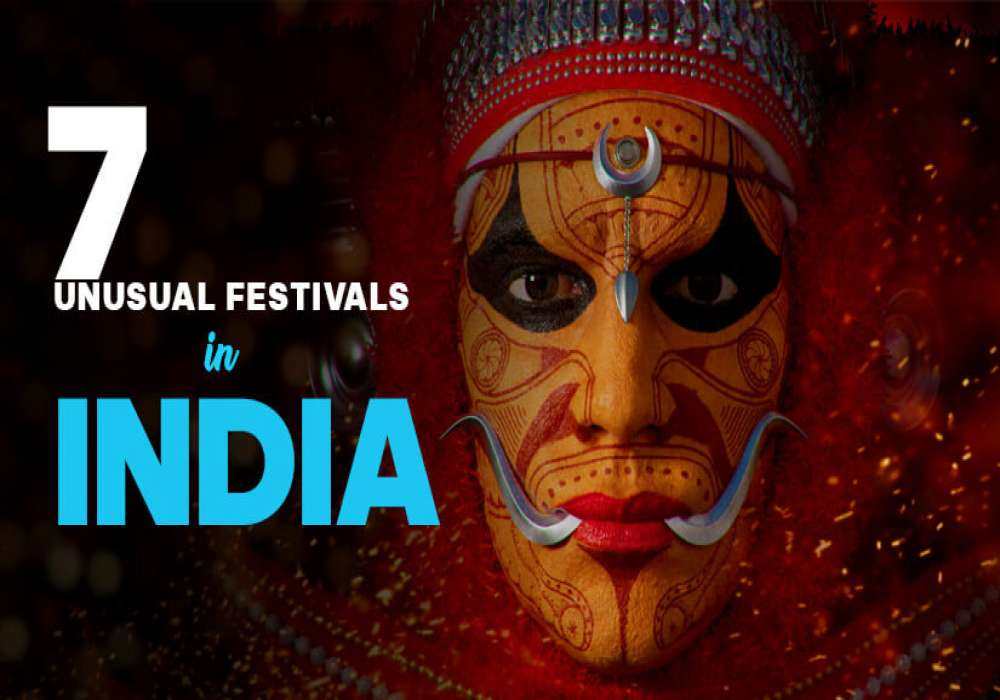


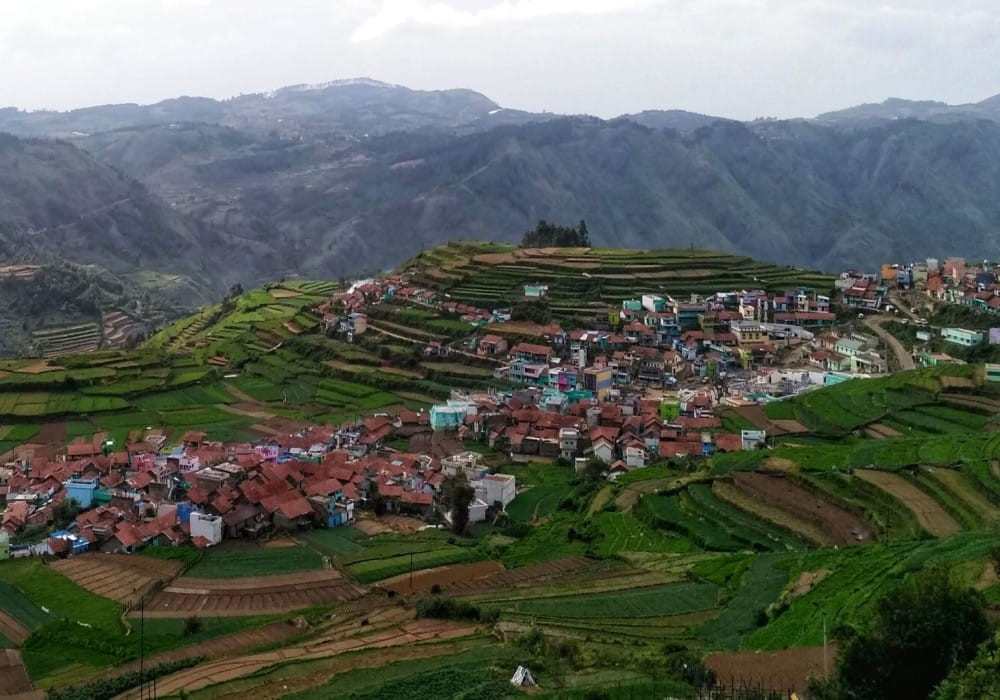

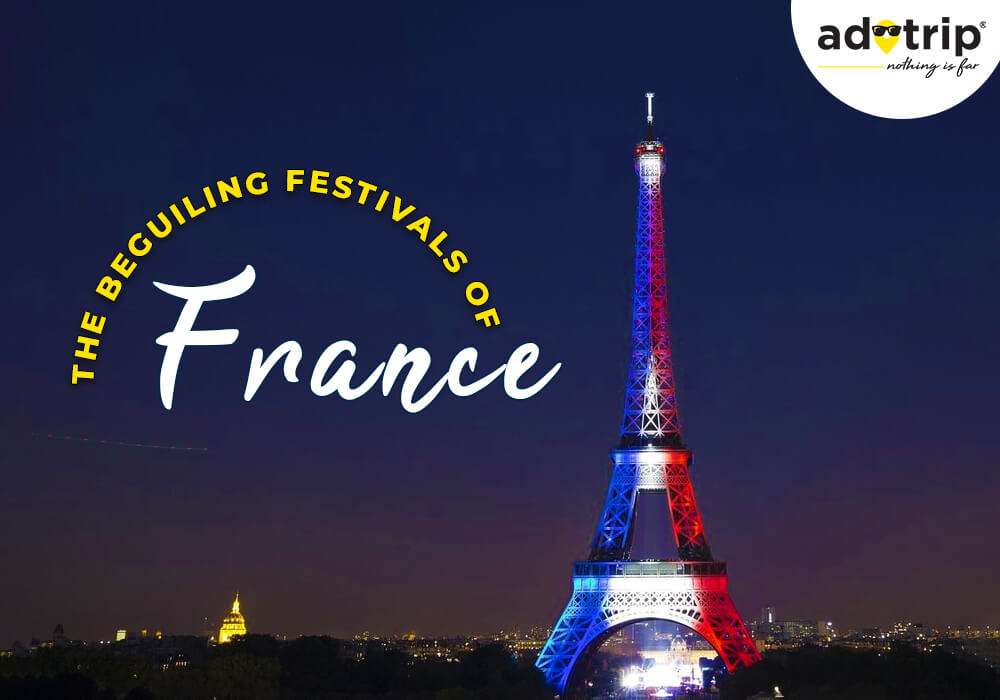

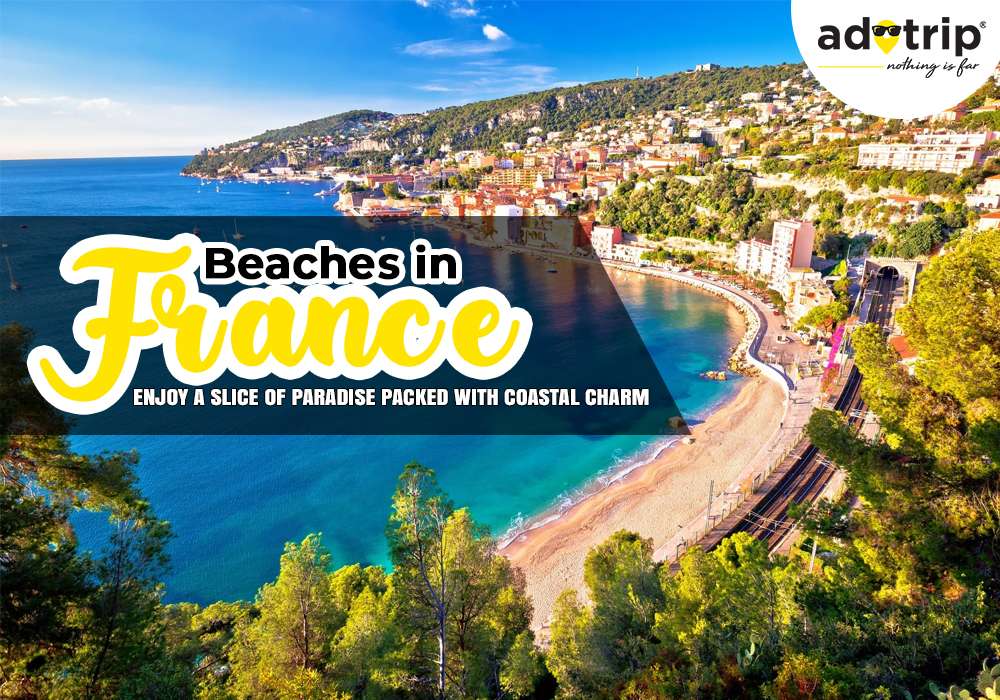

 (1).jpg)
 Dubai
Dubai Malaysia
Malaysia USA
USA





